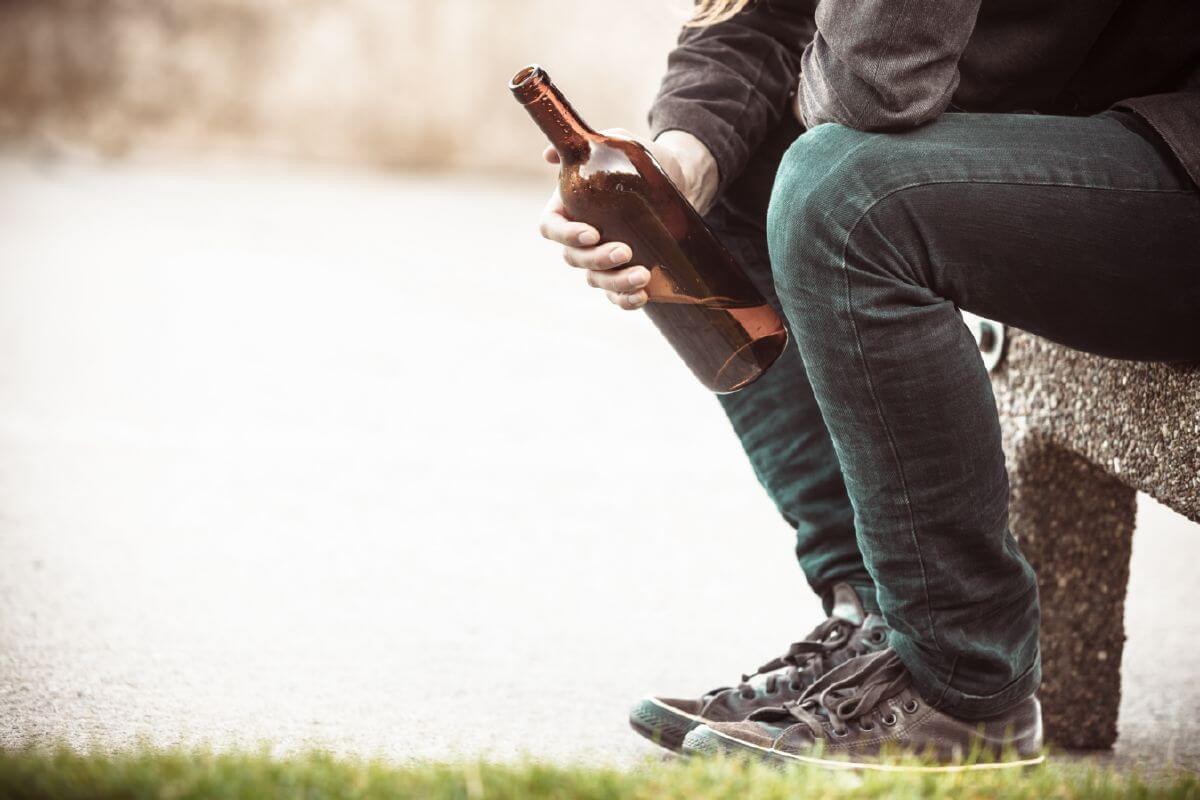How To Shun Temptations
Staying away from "triggers" that can cause a relapse and undo everything you have learnt in treatment can be tough, but there are steps you can take to low the chances of this happening.
Existence can be very different once one decides to go through therapy for dependence. Your determination to succeed in your fight is the most important thing after a rehab facility has assisted you to remove the toxin as well as help you remain calm.
You can overcome this challenge permanently if you can know what causes you reliance on drugs and how to resist despite the fact that determination and self-control are needed.

Resisting drug or alcohol shortly after treatment is the first step on the road to recovery and the struggle has only just began with one or two victorious resistance to temptation.

Being Aware Of Your Triggers
The moment someone is undergoing therapy is when a crucial phase of retrieval planning occurs. In the course of treatment, addiction counsellors assist patients examine and identify triggers prompting inclination to substance abuse and point them in the direction of post discharge steps to manage withdrawal symptoms and avoid possible relapse.
If you require a dependence therapy or help in getting back on track get in touch with us today on 0800 246 1509.
Triggers are different from person to person, but some are pretty common. Here are few of the uncommon triggers among recovering addicts
- Keeping Bonds With The Addicts.
- Attending venues where drug and booze consumption are very common.
- Emotional States
- Sometimes emotion can cause an ex-addict to go back onto a substance; depression, stress and anxiety, will make the user feel like the drug is the only means to relieve the pressure.
- Living Situation
- Going back to certain activities, lonely or dysfunctional living circumstances that have been triggering factors to the abuse of substances
- Social Settings
- Venues where booze or drugs are used can cause an immediate reversion.
- It is imperative for a recovering patient to skip venues where drugs and other triggers are readily available.
- Reliving Childhood Distress.
- Abuse of drug may start from a simple desire to use drugs to cope when faced with challenging situations from childhood, negative experiences, or a family that is nothing to write home about.
You can get to the root of this problem and identify a solution to it if you can seek the assistance of a counsellor.
Making A Relapse Proof Plan
There are residential treatments that will offer a very well structured place for patients to be able to stabilize their recovery without any risk. Getting around some challenges that can thwart one's efforts is possible if you have made plans for how you want to go about your recovery after leaving the facility.
This exercise should not be side-lined and should be given time and effort. Having an honest approach, being cooperative and understanding the situation will allow a counsellor to put together a full plan to help you avoid the places, people and other obstacles that might stand in your way.

Shifting from controlled inpatient setting to unstructured home environment presents great challenges to most struggling addicts during recovery period if left unplanned for in advance. A reversion avoidance plan is set up to help stay clean on a daily basis.
A physical list of your anticipated triggers
- Collaborate closely with a relative or close friend to facilitate the process.
- Your support system should be able to sterilize your place so that it will be free from any triggers or substances that could easily be abused.
- A List Of Anticipated Triggers
- Keep you eye on the prize by compiling a list of potential stimulants such as places, people, and others that can put your determination to the test.
- Support Of A Guarantor And Following A 12-step Program
- Being honest with those around you, attending 12-step meetings and keeping communication will help construct good support and reliability for your recovery.
- 12-step programs are crucial in creating connections among people who are committed to abstinence.
- Taking Steps To Change Unhealthy Habits
- This will involve constructing a fitness plan that will envelope a clean and healthy structured diet, and a regular sleeping pattern.
- Re-establishing psychological and physical health is very important for a complete retrieval.
- Attend outpatient programs for 3-6 months after treatment discharge.
- Any activity such as yoga, receiving professional advice, biofeedback, and assistance from people that will help you to continue making progress will be encouraged.
- Managing Hunger, Anger, Loneliness or being Tired (HALT approach) effectively also helps the patient in avoiding relapse.
- Make a list of the negative things you have experienced whilst addicted, and the positives of being sober.
- This list can be handy in times where the desire is overpowering as it remind you of the effort, time and original reason why you stopped the habit to start with .
Finding Support In Recovery
Retrieval can still take place regardless of all the strategy and energy put on it. If for some reasons you have succumbed to relapse, consider it as a hump on the road to recovery and let that setback be a springboard to bounce back even stronger. Little setbacks can sometimes bring you to your senses.
